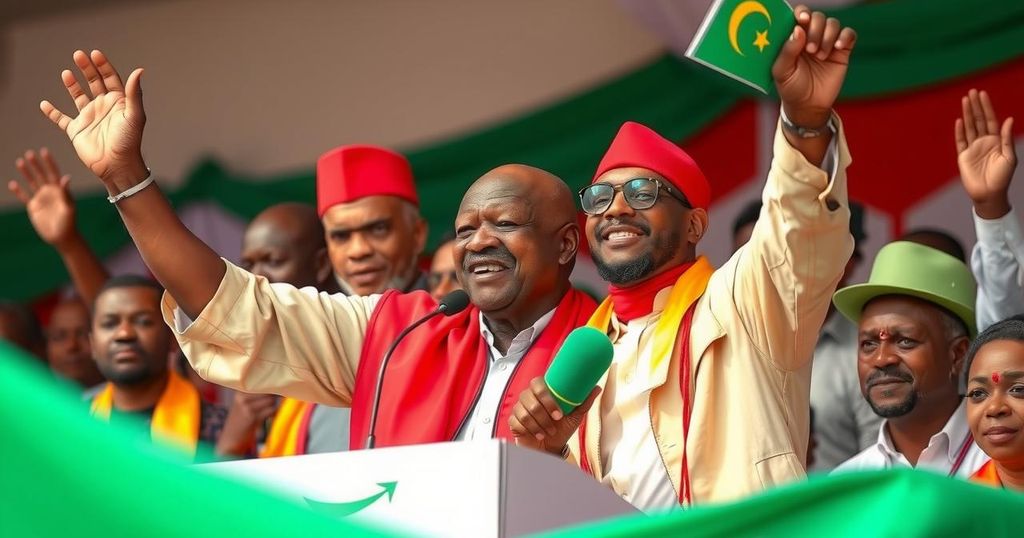Chad’s ruling Patriotic Salvation Movement wins a decisive majority in the National Assembly elections held on December 29, amid significant opposition boycotts and allegations of electoral fraud. The official reported turnout was 51.56%, but opposition parties have expressed concerns about the election’s legitimacy, viewing it as a “charade.” This election is seen as part of a larger transition towards democracy under President Deby, who took power following his father’s death in 2021.
In a controversial parliamentary election held on December 29, Chad’s ruling party, the Patriotic Salvation Movement led by President Mahamat Idriss Deby, declared a significant victory, securing 124 of the 188 seats in the National Assembly. The election was marred by widespread opposition boycotts, with more than ten opposition parties abstaining from the vote, casting doubt on the legitimacy of the results. Despite the official claim of a 51.56 percent voter participation rate, opposition leaders have raised concerns that such figures reflect skepticism regarding the electoral process itself.
The recent election is viewed as a part of Chad’s purported transition to democracy under the military leadership of President Deby, who ascended to power following the death of his father, Idriss Deby Itno. Critics have labeled the election a “charade,” following claims of irregularities in the previous presidential vote, which attracted international skepticism regarding its credibility. As Chad grapples with critical security challenges, including threats from Boko Haram and shifting military alliances, the ruling party’s significant parliamentary majority raises questions about the future political landscape of the nation.
Chad’s political environment has been tumultuous, particularly following the death of long-time President Idriss Deby Itno. His son, Mahamat Idriss Deby, took control as a military leader in 2021. The recent parliamentary elections marked a pivotal moment, being the first in over a decade, and have been framed by the ruling party as a step towards democracy and decentralization. However, the significant opposition boycott has raised concerns about the electoral integrity, leading to calls for reforms and credibility in the political process.
The parliamentary election in Chad has resulted in a clear majority for President Mahamat Idriss Deby’s ruling party amidst widespread opposition boycotts and allegations of electoral irregularities. While the ruling party promotes the election as a step towards democratic transition, the lack of participation from major opposition groups raises important questions about the legitimacy of the process and the stability of Chad’s governance moving forward. Furthermore, the socio-political context continues to evolve, particularly in relation to security challenges and foreign military relations.
Original Source: www.aljazeera.com






